It seems like the title of the world’s largest plastic polluter (for 4 years in a row) is finally beginning to get on the nerves of the executives at Coca-Cola. After making a statement only last year that they don’t intend on breaking free from plastic, the company’s slowly begun re-evaluating its supply chain and choice of materials.
Thanks to a partnership with Danish company Paboco (Paper Bottle Company), Coca-Cola has now unveiled its first ‘paper bottle’. Available for a limited online trial in Hungary, Coca-Cola is planning a run of 2,000 bottles of the plant-based beverage AdeZ. It’s barely anything to begin with, but it is a start… and it gives Paboco, the company behind the bottle’s design, a much-needed boost.
Paboco’s paper bottle comes with an inner bio-polymer lining to provide a waterproof barrier (so that the paper doesn’t get soggy). The outer layer is made from a Nordic wood-pulp-based paper, and provides the perfect substrate for printing on, eliminating the need for a label. The bottle itself can be molded quite like plastic bottles are, paving the way for the use of forms, textures, and patterns to help the product stand-out… and the necks of the bottle can be threaded too, allowing for the use of a paper cap (with the option of the crimped metal caps too). While the bottle is biodegradable, Coca-Cola hopes to develop a design and supply chain that allows bottles to be recycled just like paper. “Our vision is to create a paper bottle that can be recycled like any other type of paper, and this prototype is the first step on the way to achieving this,” said Stijn Franssen, EMEA R&D Packaging Innovation Manager at Coca-Cola.
Coca-Cola’s limited run should be met with a bit of skepticism (after all, 2000 bottles isn’t enough, is it?) but the challenges faced by the company are understandable. Bottles can easily get crushed or damaged when transported in large volumes, a complication that exponentially increases with CO2-filled pressurized beverage containers. AdeZ, however, seems to be the perfect candidate for this trial run, given that it’s a thick, dairy-free smoothie that contains seeds, fruit juices, and vitamins. If successful, Coca-Cola may look to gradually expand on this approach, helping it achieve the company’s “World Without Waste” sustainable packaging goal of substantially reducing its waste footprint and developing solutions for easily recycling its bottles and cans, and shifting to using only 100% recyclable packaging materials by the year 2030.
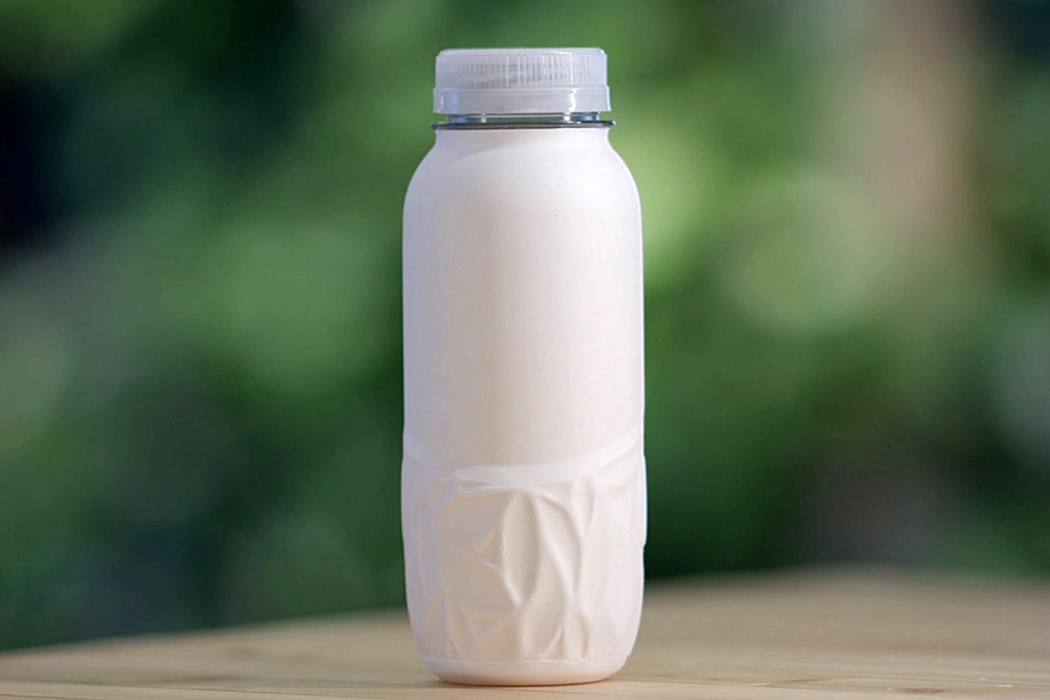
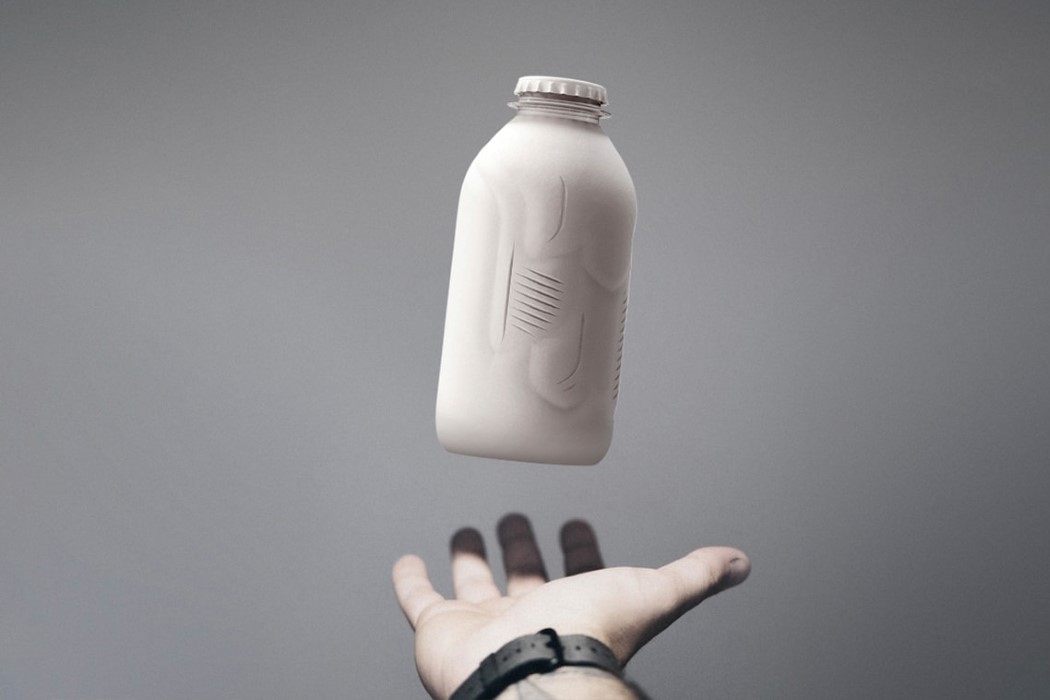
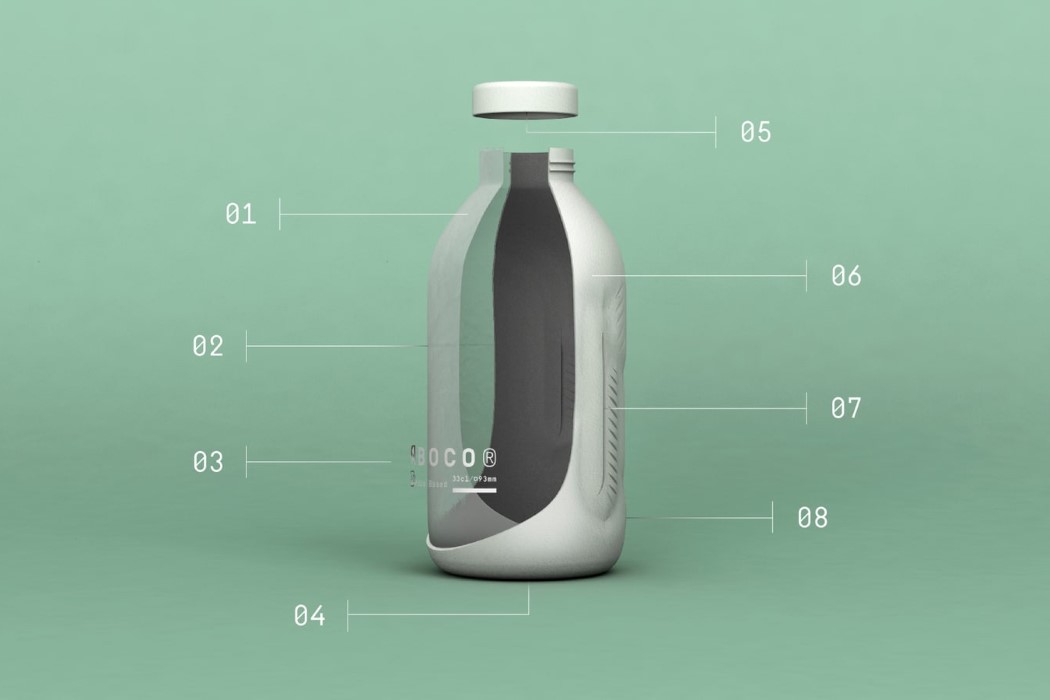
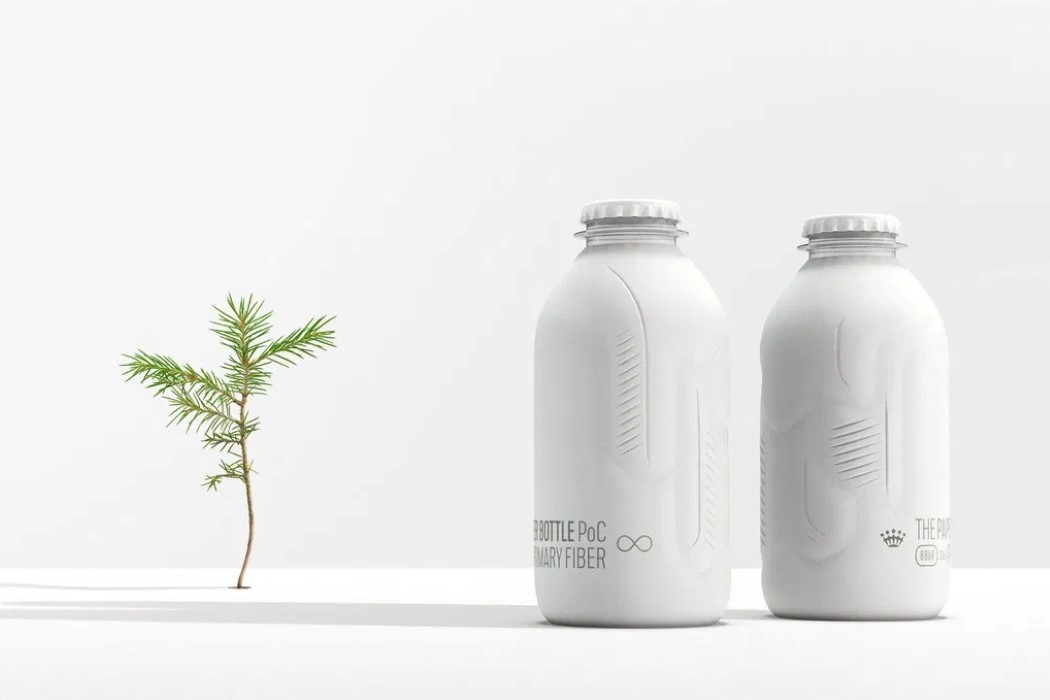
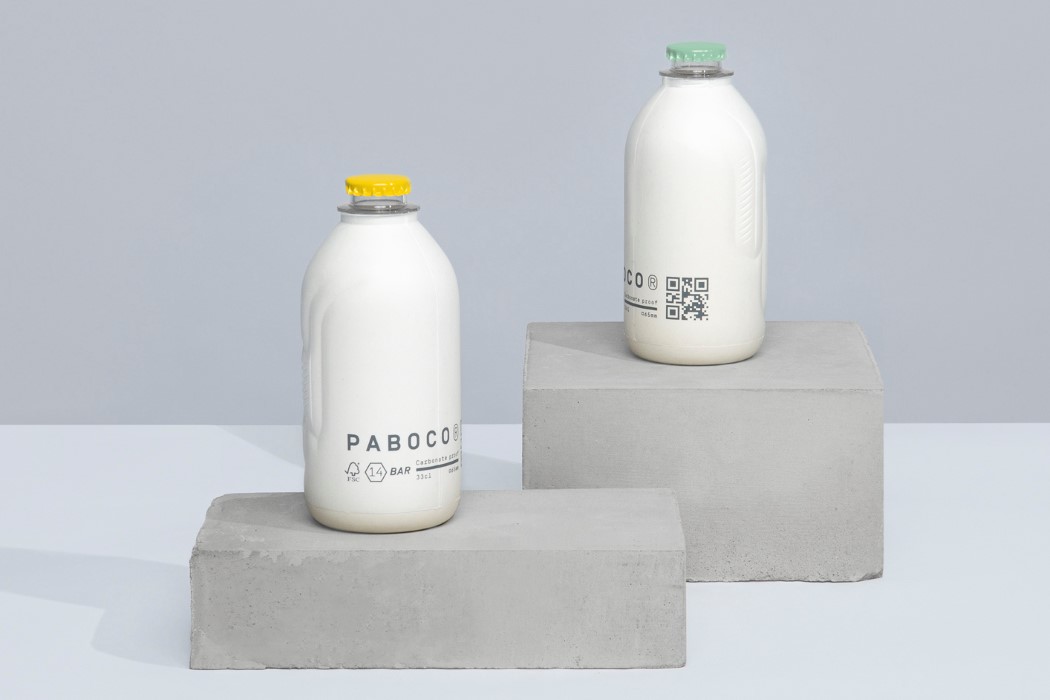
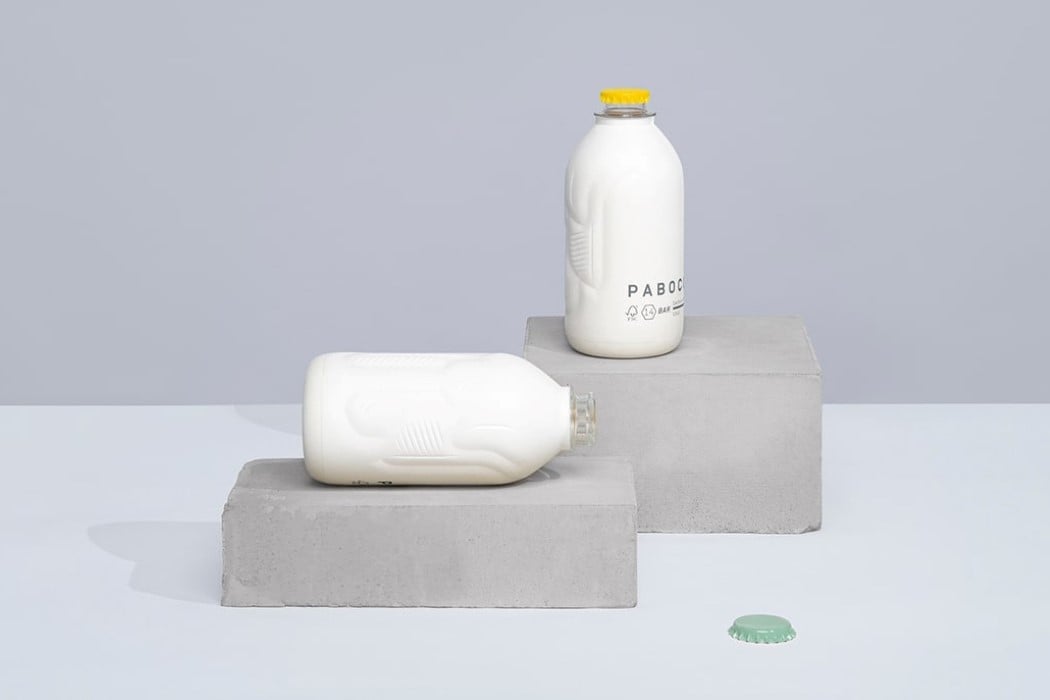
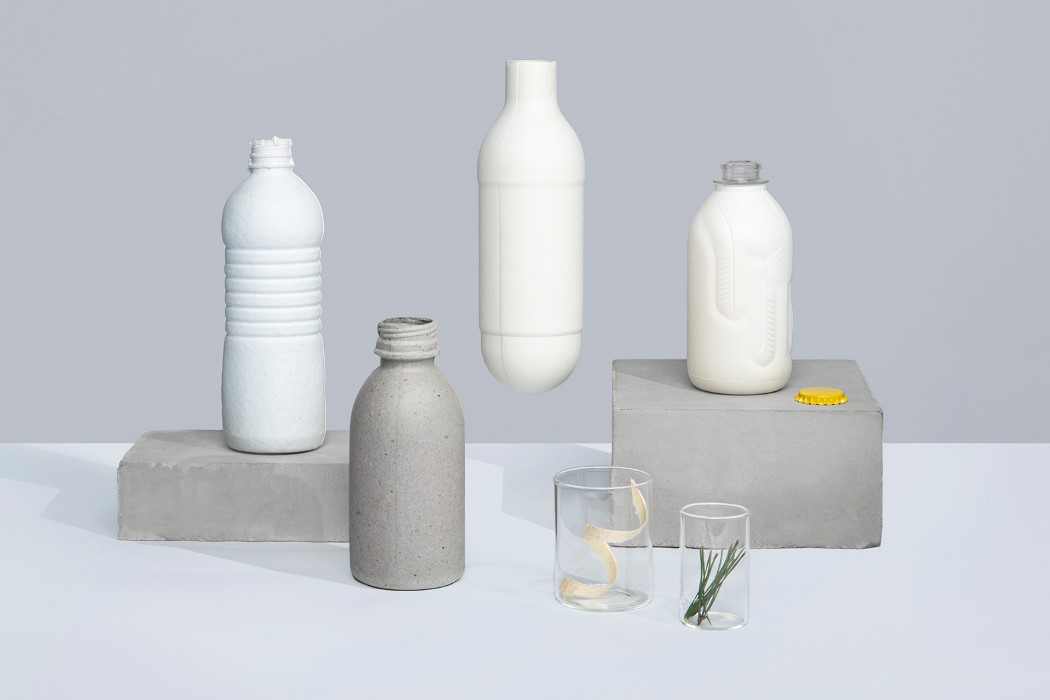

Images via Coca Cola and Paboco